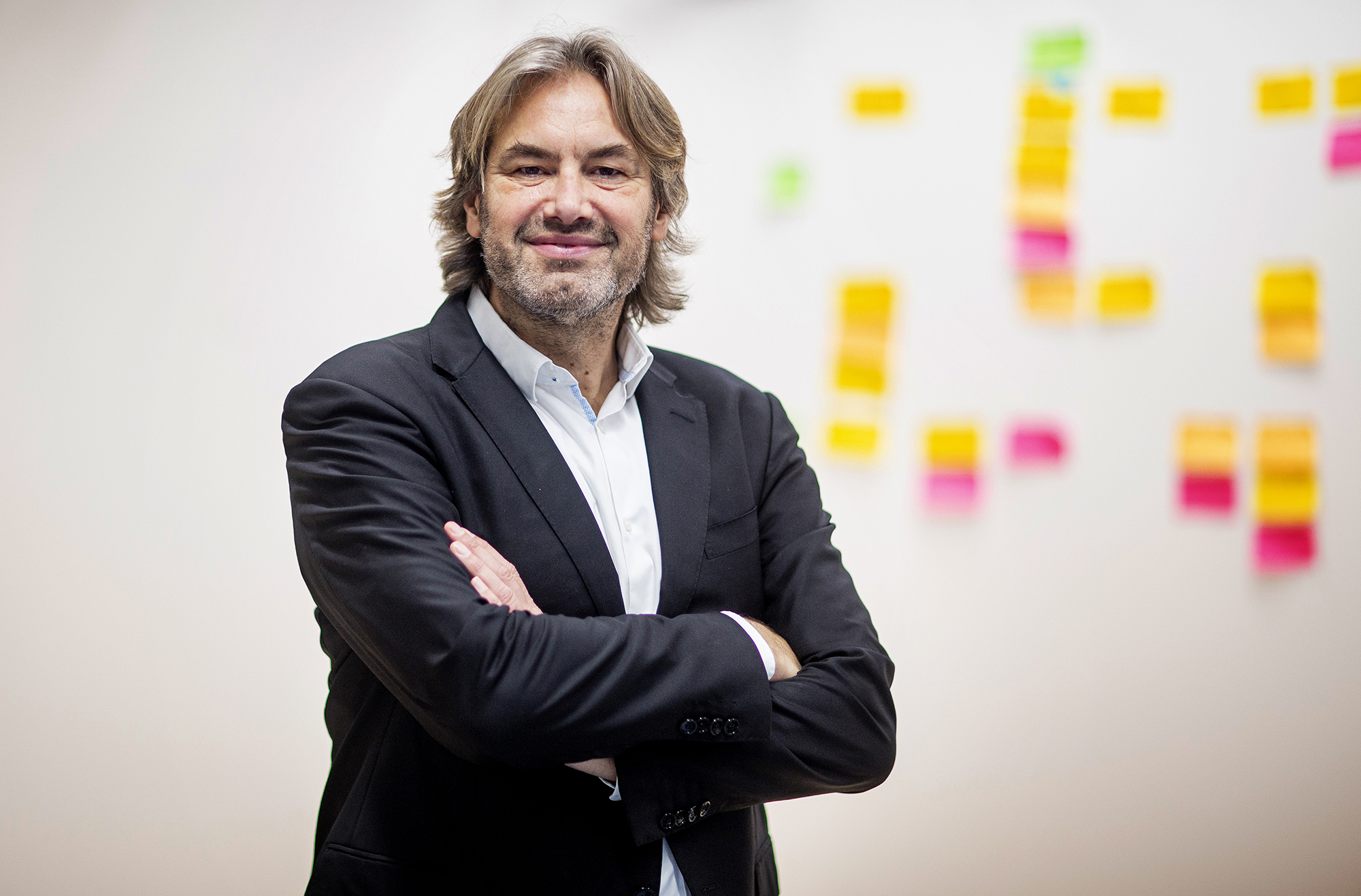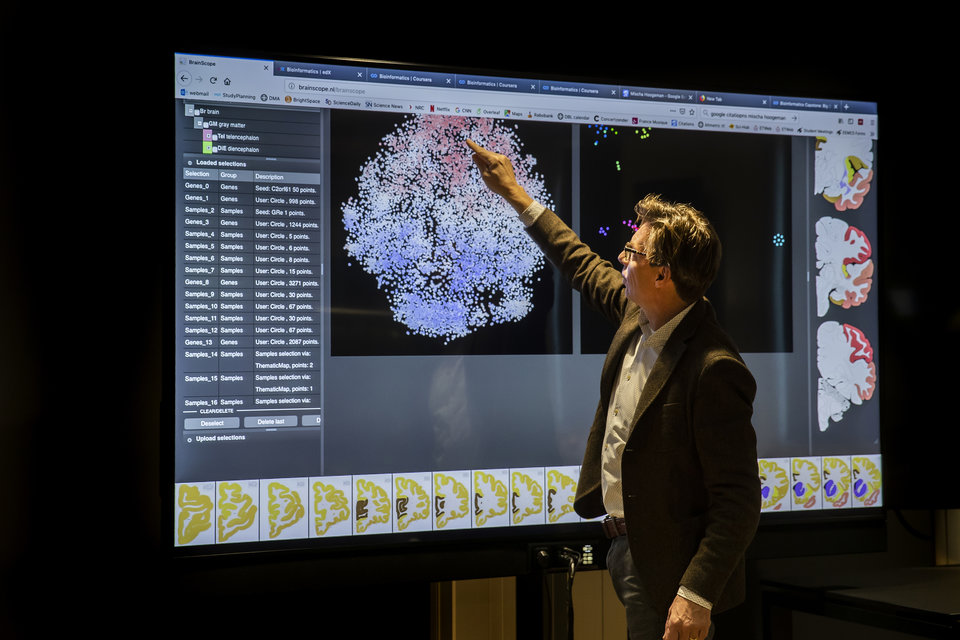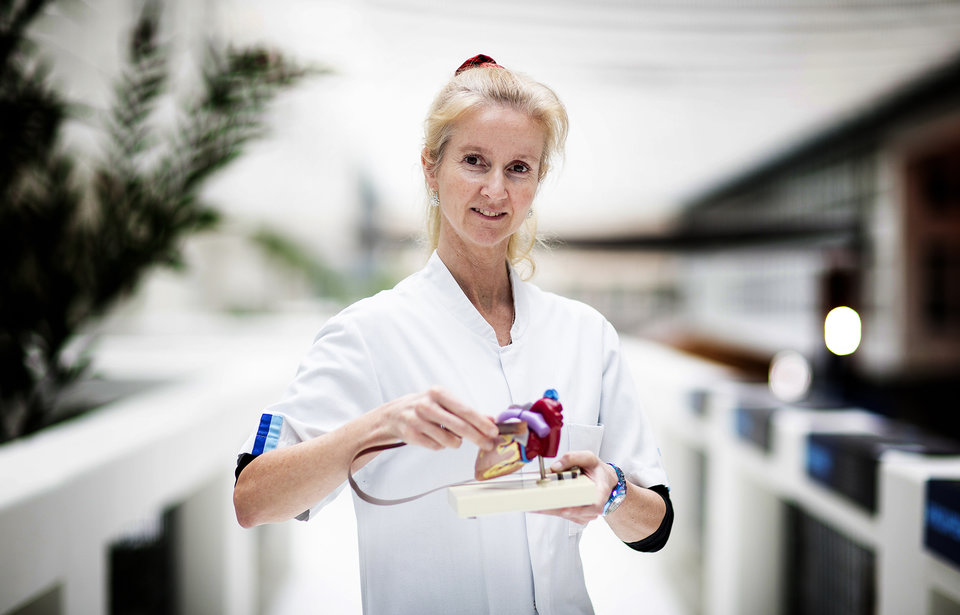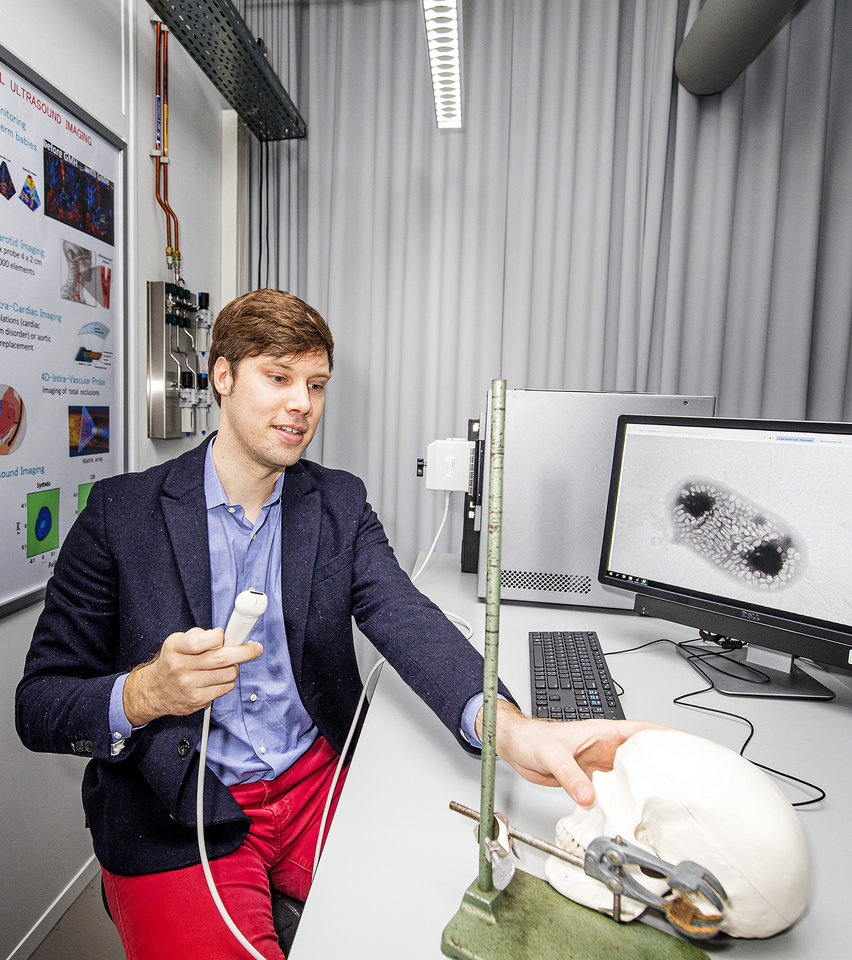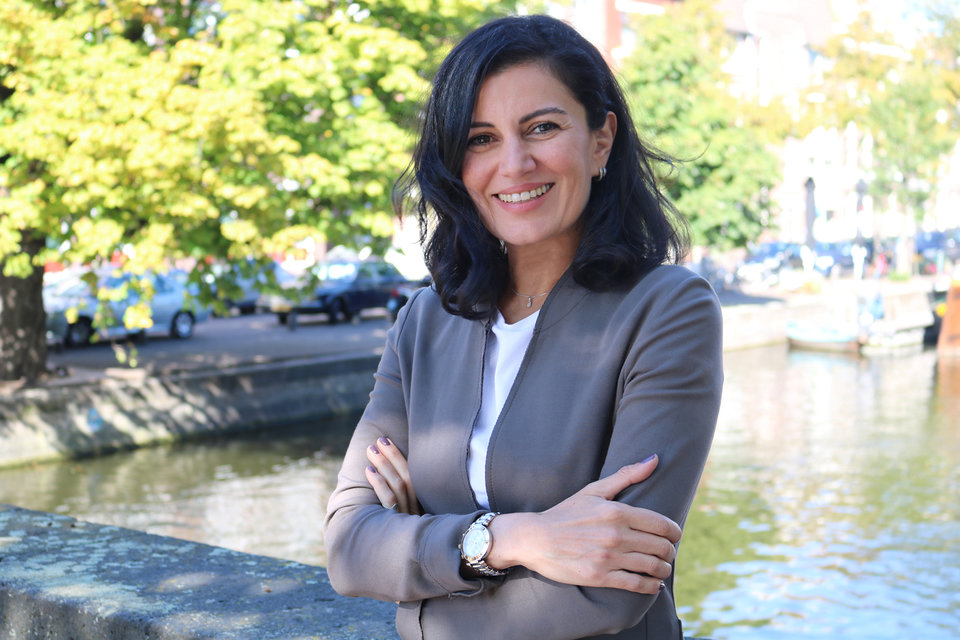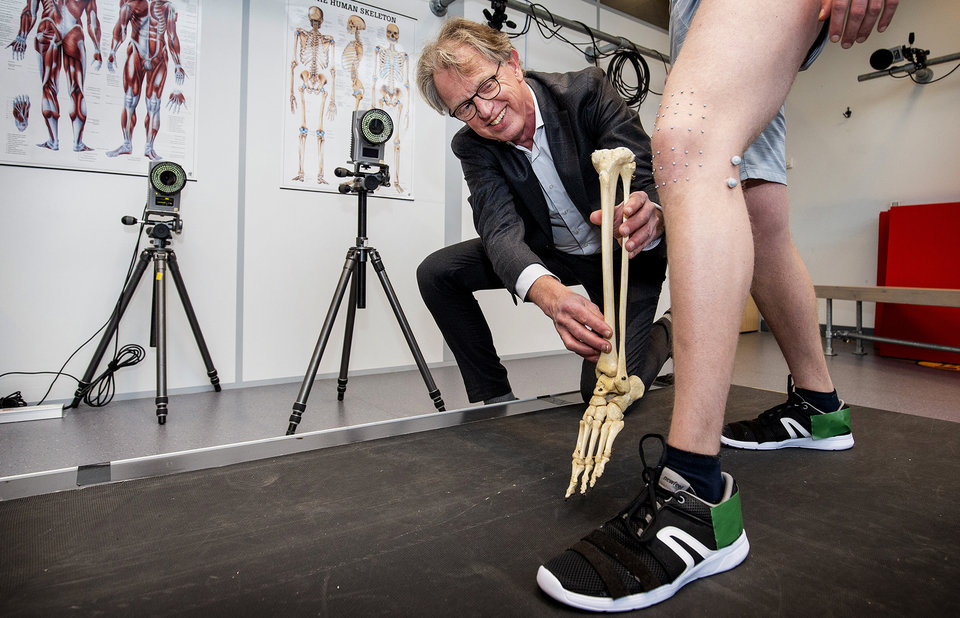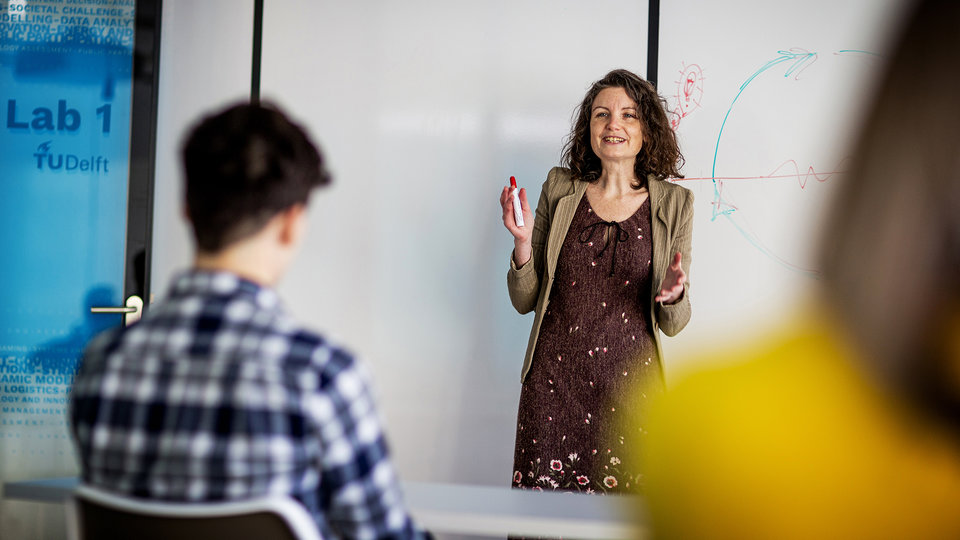What will the consultation room of the future look like?
Everyone visits the doctor’s consultation room once in a while. It is where almost every care process starts. However, very few changes have been realized in this step of the health care process. Professor Richard Goossens has started an innovation process that should turn the concept of the consultation room upside down.
“Very little has changed in the consultation room in recent decades. A computer has been added to the interior, but that’s about it,” says Goossens. “The major developments in healthcare have been at later stages of the process. An operating theatre, for example, is an absolute showcase of technology. Yet, time seems to have stood still at the point where the care process starts. Everyone can sense that there’s a lot that can be improved here, especially for the patient.”
Testing at home
During the innovation process ‘Consultation Room 2030’, this smallest of all hospital units will be subjected to thorough scrutiny. “Will there still be consulting rooms as we know them in ten years’ time? Is it possible to have a second medical expert present at a consultation by means of a 3D hologram? Could patients themselves do more of the tests at home?” These questions are not easy to answer. “The problem with current tests, for example, is that they were not designed to be carried out by the patients themselves. Another important consideration is the human aspect of healthcare. How do you establish a relationship of trust between doctor and patient if the two do not physically meet, but see each other via a digital link?”
Field lab in Erasmus MC
To begin this innovation trajectory, the process in and around the consultation room was fully diagrammed. The next step will be to build a field lab. “Our Consultation Room 2030 will be built in Erasmus MC. That will allow us to get close to the healthcare process and to invite real patients to take part. We will be trying out and combining technical innovations, such as speech recognition for automated reporting or the study of how empathy can be achieved or simulated in a digital environment.
Everything will be coming together for the first time in our innovation platform.” The objective is to be able to provide more efficient and effective care without losing sight of the human aspect; we want patients to receive care personally tailored to them so that they do not have to go to the hospital unnecessarily. We also want doctors to spend as little time as possible on administrative tasks. “Did you know that as things stand now, doctors sometimes have to spend eight minutes of a ten-minute consultation looking at their computer screens? Surely this is a problem we should be able to solve.”
Did you know that in the current situation a doctor looks at his screen, and not at the patient, every eight out of ten minutes of the consultation? We should be able to solve those kinds of things!
Richard Goossens
Will you help?
Richard Goossens is just one of the excellent scientists who will be receiving support from Delft University Fund with the Tech for Health campaign, enabling him to expand his field lab ‘Consultation Room 2030’ in Erasmus MC.
Donate nowResearcher profile
Name: Richard Goossens (55)
Born in: Rotterdam, Netherlands
Specialisation: Physical Ergonomics & Healthcare Design
Potential application: Making the starting point in the care process more efficient and effective
Faculty: Industrial Design Engineering, Medical Delta professor (with appointment at TU Delft & Erasmus MC)
In partnership with: Erasmus MC, Erasmus University Rotterdam, Medical Delta
Donation to be spent on: Expansion of field lab Consulting Room 2030
Why TU Delft
In my view, the excellent co-operation between TU Delft and Erasmus MC and Erasmus University Rotterdam gives TU Delft an edge. The relatively close proximity between us, and the fact that we already have so many connections. This stands out from other universities of technology.
Will you help?
You make the important work of our researchers possible with a donation to Delft University Fund. This helps to speed up progress in critical fields of research.


